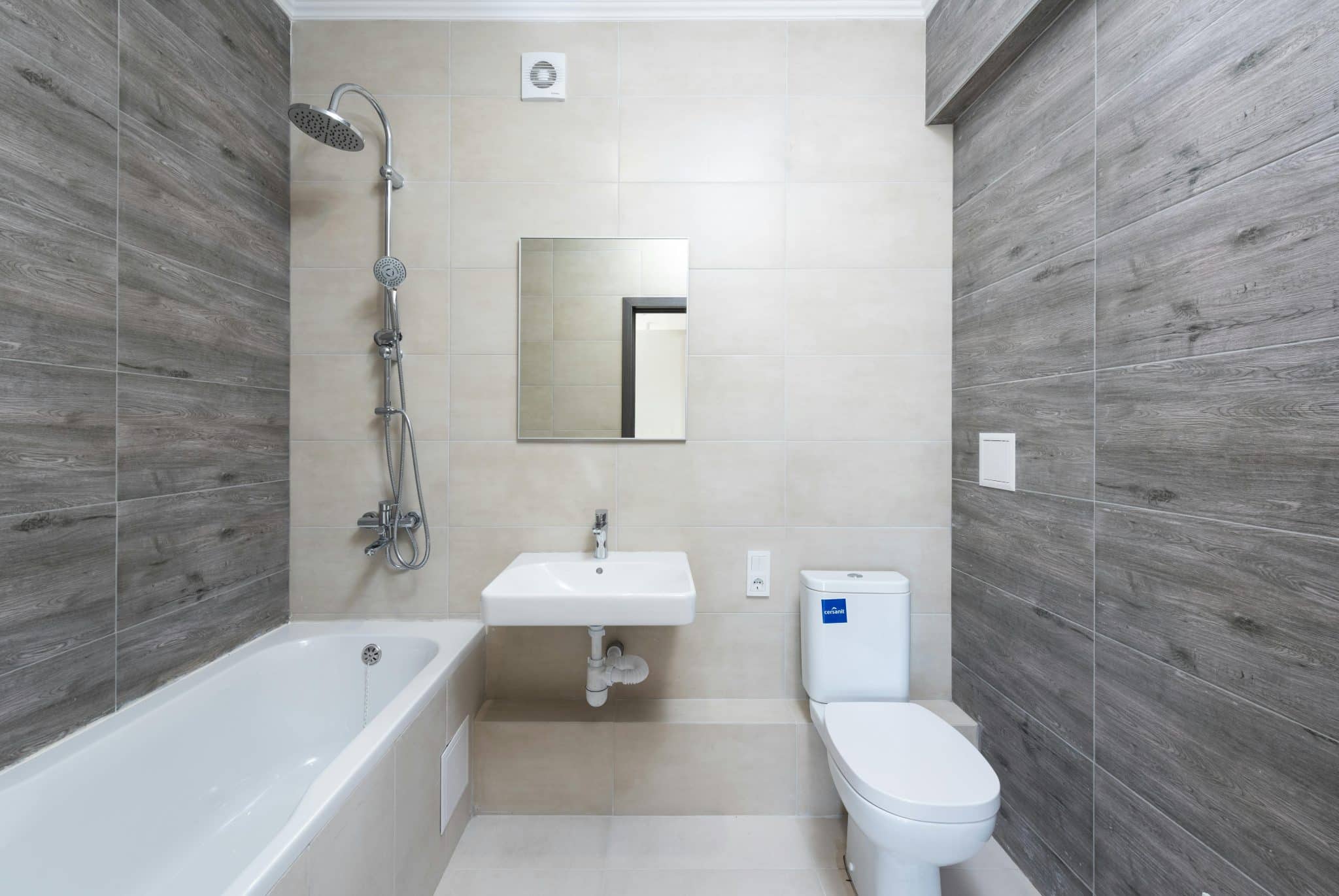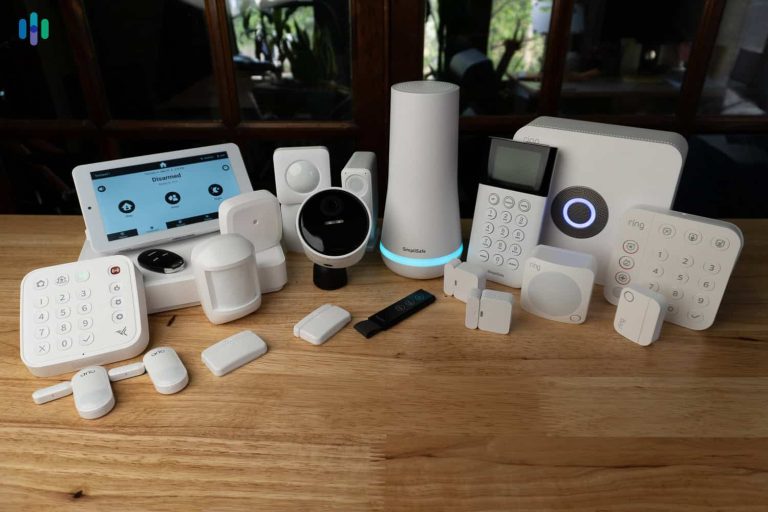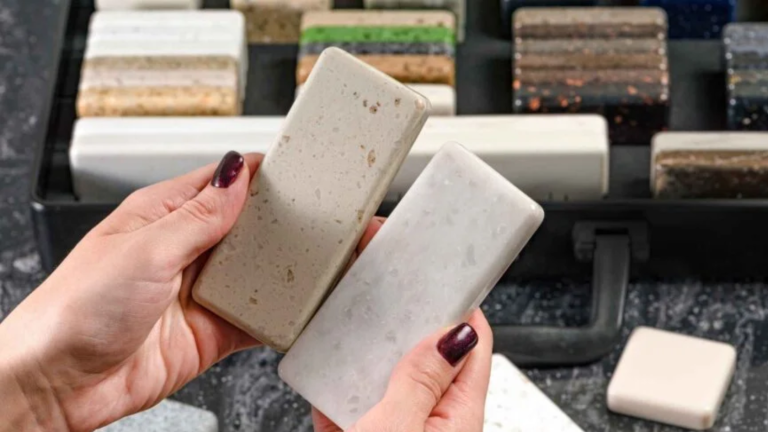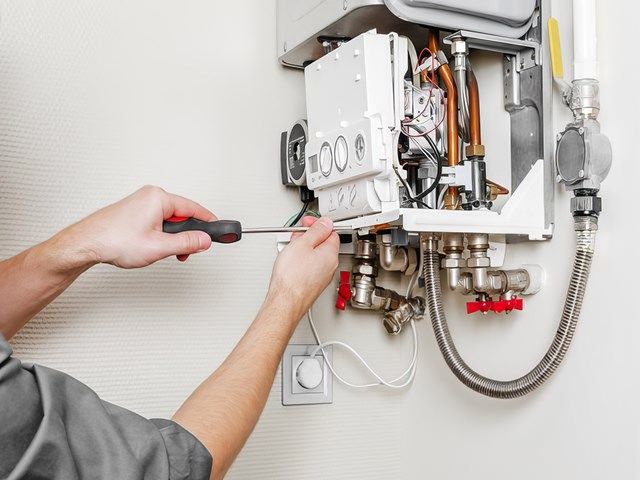Plumbing Maintenance: Simple Tips for Homeowners
Proper plumbing maintenance for homeowners protects your home from costly repairs and unexpected water damage. Simple, regular checks can prevent leaks, clogs, and pipe bursts.
Knowing the basics helps you spot problems early and saves money. Many issues start small and grow over time if ignored. Taking a proactive approach ensures your plumbing works efficiently year-round.
Some tasks are simple and can be done without professional help, while others require a plumber. Read on for practical tips that keep your plumbing safe and functional.
Check for Leaks Regularly
Leaks can cause serious damage if left unchecked. Inspect under sinks, around toilets, and near appliances for water stains or puddles. Even small drips waste water and raise bills. Pay attention to unusual sounds in pipes when water runs.
Tighten fittings or replace washers if needed. Watch your water meter for unexpected changes. Fixing leaks early prevents larger plumbing problems. Keep a small toolkit handy for basic repairs. Regular inspections reduce stress and maintain home value.
Maintain Water Pressure
High water pressure can strain pipes and fixtures. Low pressure may indicate a clog or leak. Test faucets to ensure water flows steadily. Adjust your pressure regulator if the system allows. Avoid using multiple high-flow appliances at once.
Consider installing aerators on faucets to manage flow. Consistent pressure extends the life of pipes. Watch for sudden changes that might indicate a hidden problem. Proper water pressure keeps the plumbing system safe and efficient.
Clean Drains Properly
Clogged drains are a common issue for homeowners. Use strainers to catch hair, food, and debris. Avoid pouring grease or coffee grounds down the sink. Flush drains with hot water regularly to clear buildup.
Natural cleaners can help without harming pipes. Avoid chemical drain cleaners that damage plumbing. A plumber can handle stubborn clogs safely. Keep track of slow drains before they worsen. Simple habits prevent messy and expensive blockages.
Inspect Water Heater
A water heater needs regular attention to work well. Check for leaks, rust, and unusual noises. Flush the tank yearly to remove sediment. Test the pressure relief valve for proper function.
Set the temperature to a safe level. Insulate older water heaters to improve efficiency. Watch for signs of corrosion around connections. Timely maintenance prevents sudden breakdowns. Safe operation ensures a consistent hot water supply.
Test Sump Pump
Sump pumps prevent basement flooding. Test the pump during heavy rain or pour water into the pit. Check the power source and backup battery if available. Remove debris from the pit to keep the pump free.
Listen for unusual sounds while running. Inspect the discharge pipe for clogs. Regular checks ensure it works when needed. Replace parts showing wear before failure. A working sump pump protects your home from water damage.
Winterize Pipes
Freezing temperatures can burst pipes. Drain outdoor hoses and faucets before winter. Insulate exposed pipes to prevent freezing. Keep indoor areas warm where pipes run. Open cabinets to let warm air reach plumbing under sinks.
Disconnect irrigation systems. Check for leaks or weak spots before cold weather. Repair damaged insulation promptly. Preventing frozen pipes avoids costly repairs and water damage.
Maintain Toilet Function
Toilets need routine care to prevent clogs and leaks. Check the flapper and fill valve for proper operation. Ensure the toilet is securely fastened to the floor. Avoid flushing items other than toilet paper.
Clean the bowl and tank to prevent buildup. Replace worn parts before they fail. Check water flow and refill rates regularly. Address running toilets promptly to save water. Proper maintenance keeps toilets efficient and reliable.
Check Faucets
Faucets show early signs of plumbing issues. Look for leaks around handles and spouts. Tighten connections or replace washers as needed. Remove mineral buildup to maintain flow.
Test both hot and cold water. Slow drips can indicate a larger problem in the plumbing system. Inspect aerators and screens for debris. Replace worn faucets to prevent leaks. Routine checks save money on water bills.
Inspect Pipes
Visible pipes can reveal hidden issues. Look for corrosion, cracks, or damp spots. Ensure pipes are properly supported. Check under sinks, in basements, and around appliances.
Listen for unusual noises when water runs. Tighten loose connections to avoid leaks. A plumber can address serious problems before they escalate. Replace damaged sections promptly. Regular inspections prolong the life of your plumbing system.
Maintain Outdoor Plumbing
Outdoor plumbing needs attention, too. Inspect hose bibs and irrigation systems for leaks. Clear debris from drains and gutters. Winterize outdoor fixtures before cold weather. Check water pressure for garden hoses.
Avoid sharp bends in hoses that strain connections. Repair cracks in outdoor pipes quickly. Protect outdoor plumbing from accidental damage. Consistent care keeps water flowing efficiently.
Know Emergency Procedures
Every homeowner should know what to do during a plumbing emergency. Shut off the main water supply immediately. Keep basic tools and supplies handy. Know how to stop leaks from toilets and sinks.
Contact a plumber quickly if needed. Learn to detect hidden leaks early. Turn off electricity near water leaks to prevent hazards. Having a plan reduces damage and stress. Regular preparation ensures safety and quick resolution.
Keep Plumbing Records
Documenting maintenance saves time and money. Record inspections, repairs, and replacements. Note dates and types of maintenance performed. Keep receipts for any plumbing services. Track water usage trends for early detection of issues.
Review records before selling your home. Maintenance logs help identify recurring problems. Use records to plan future upkeep. Organized records simplify plumbing management for homeowners.
Monitor Water Quality
Water quality affects plumbing and home safety. Hard water can cause scale buildup in pipes and appliances. Test water regularly for minerals and contaminants. Install filters if needed to protect plumbing and health. Flush systems after maintenance or repairs to remove sediment.
Watch for discoloration or unusual smells in water. A plumber can recommend solutions for persistent issues. Clean aerators and showerheads to prevent deposits. Monitoring water keeps your plumbing efficient and your household safe.
Homeowners Must Learn About Plumbing Maintenance
Plumbing maintenance for homeowners prevents damage and keeps systems running efficiently. Regular checks, cleaning, and simple repairs extend the life of pipes and fixtures. Paying attention to water pressure, drains, and water heaters avoids costly issues.
Winterizing and outdoor care protect against seasonal problems. Knowing emergency steps and keeping maintenance records ensures readiness. Many tasks are simple but make a big difference over time. Consistent care makes plumbing reliable and your home safer.
For other topics, visit our blog. We do have more!







